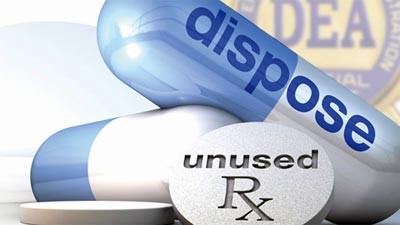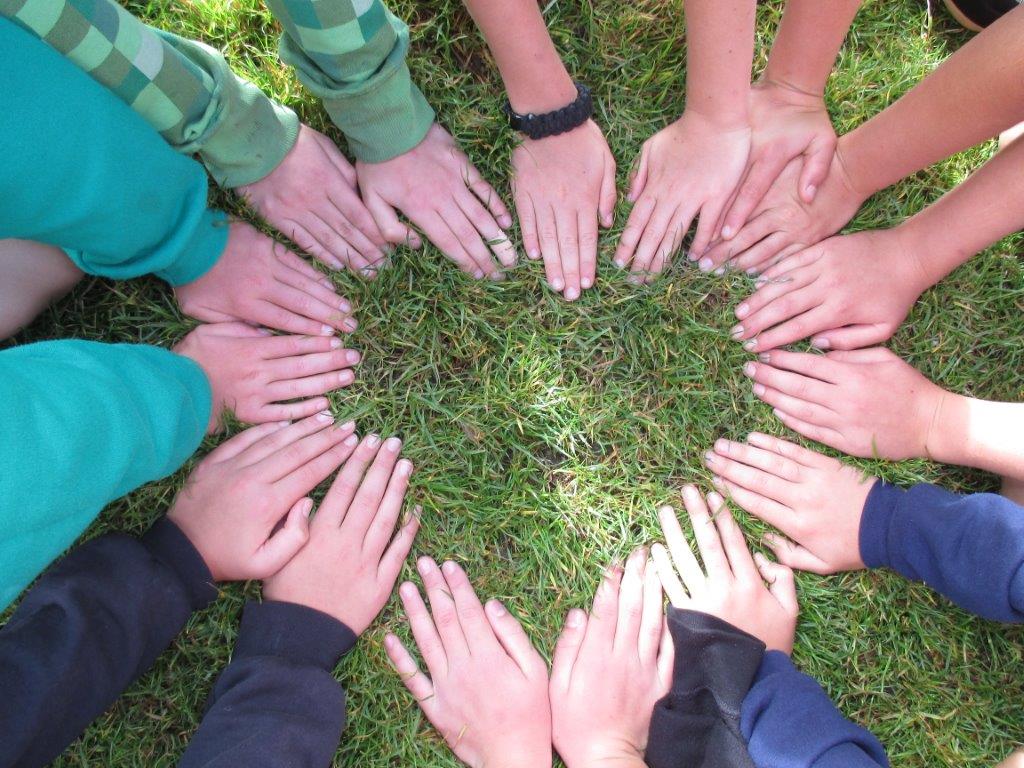Other Useful Resources
There are numerous resources, many right in your own community, where you can get information to help you talk to your children about drugs. Consult your local library, school, or community service organization. You may also contact the government organizations listed below.
National Institute on Drug Abuse (NIDA)
NIDA, as part of the National Institutes of Health, offers an extensive collection of publications, videos, and educational materials to help parents talk to their children about drug use. Resources include:
- Family Checkup, which provides parents with research-based skills, including conversation tips on video, to help keep their children drug free
- Drugs: Shatter the Myths, which parents can give to their teens to help answer frequently asked questions about drugs and drug abuse
- Step-by-Step Guide, which offers guidance on what parents can do if their teen or young adult has a drug use problem
Visit our Parents & Educators page for a list of other materials.
NIDA has more information about marijuana and other drugs on both our main website and our NIDA for Teens site.
Select NIDA publications are available free of charge through the NIDA DRUGPUBS Research Dissemination Center.
website: https://drugpubs.drugabuse.gov
email: drugpubs@nida.nih.gov
phone: 1‑877‑NIDA‑NIH [1‑877‑643‑2644] or 240‑645‑0228
National Institute on Alcohol Abuse and Alcoholism (NIAAA)
Visit NIAAA at for information about a variety of alcohol-related issues, which frequently intersect with other drug use problems.
National Institute of Mental Health (NIMH)
NIMH provides the latest research findings and numerous other resources covering a variety of mental health disorders, which often co-occur with drug abuse.
Substance Abuse and Mental Health Services Administration (SAMHSA)
SAMHSA’s treatment locator can help you find a drug abuse or alcohol treatment program near you. Visit www.samhsa.gov for more information about drug abuse prevention and treatment policies, programs, and services.
Drug Enforcement Administration (DEA)
Visit www.dea.gov for information about various drugs, controlled substances laws (including drug scheduling), and U.S. regulations. The DEA offers two resources specifically intended for parents and teens:
Tips for Parents
- Be a good listener.
- Set clear expectations about drug and alcohol use, including real consequences for not following family rules.
- Help your child deal with peer pressure to use drugs.
- Get to know your child’s friends and their parents.
- Monitor your child’s whereabouts.
- Supervise teen activities.
- Talk to your child often.









